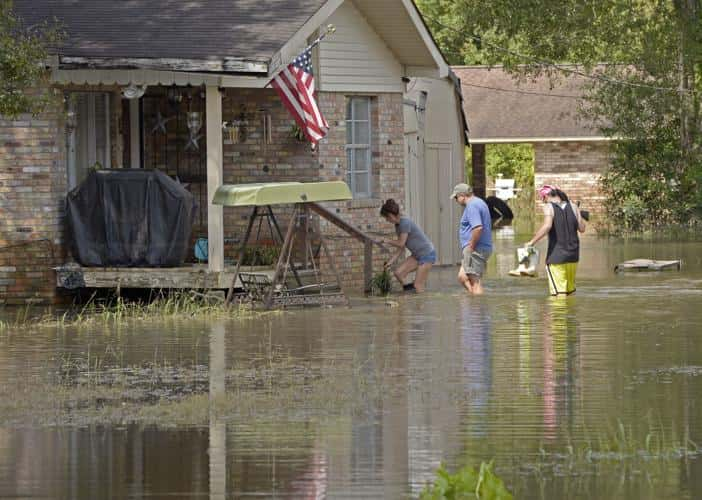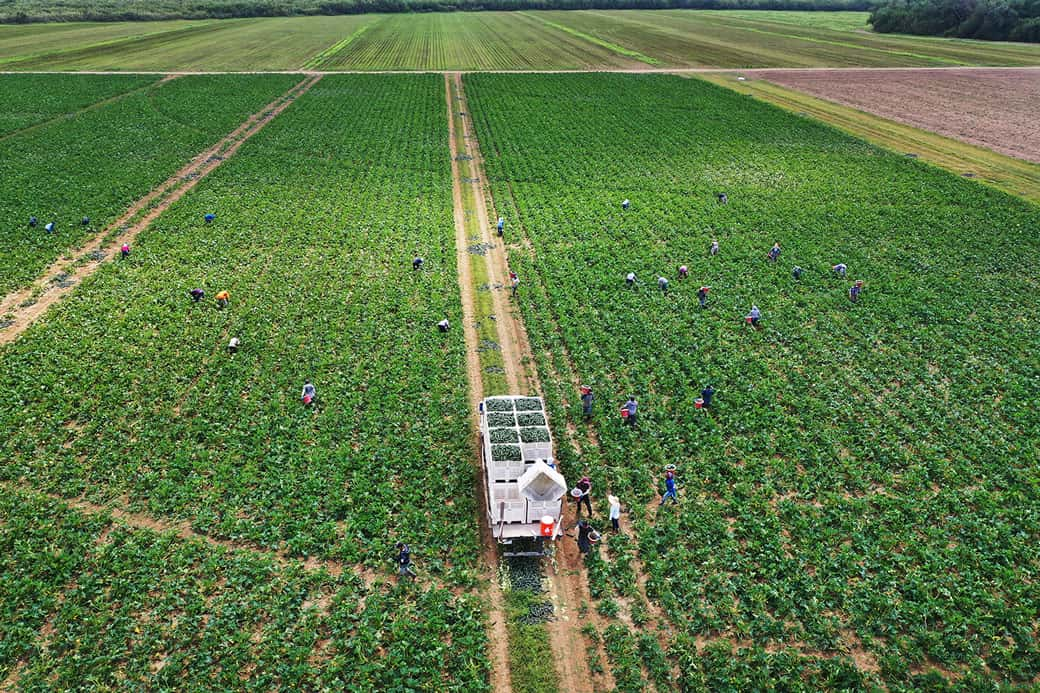The situation has prompted discussions about the need for a new approach to handle the growing risks posed by climate change-induced catastrophes.

Residents in hurricane-prone areas, including Louisiana, are grappling with skyrocketing home insurance rates, leading to concerns about their ability to afford essentials like food insurance
In Louisiana’s Pontchartrain Park, a neighborhood historically significant for its African American heritage, 59-year-old Ms. Bradford faces a daunting reality. Her family’s home, a treasured possession since 1958, has become increasingly costly to insure against hurricanes that frequently threaten the region. The burden has escalated to the point where food insurance security is at risk. Bradford relies on disability insurance as her primary income source, and the soaring insurance premiums mean less money for basic needs.
The upheaval in the food insurance market stems from escalating extreme weather events attributed to climate change. Smaller food insurance companies have folded under the pressure of billion-dollar disasters, while larger providers have halted issuing new policies in high-risk regions like California, Florida, and Louisiana. Across the United States, insurance premiums are expected to rise by 9% this year, exacerbating the affordability crisis for homeowners.
State-backed insurance plans funded by taxpayers have expanded dramatically to fill the gap, but they often come at higher costs
This leaves families, especially those with lower incomes, in a precarious position, forced to make tough choices between food insurance and essentials like food. The crisis is projected to impact the housing market, potentially slowing property value appreciation and altering the desirability of high-risk areas.
Efforts to incentivize food insurance companies back to the market are underway in Louisiana, but the global spread of climate risks has affected the availability of reinsurance, the protection insurers use to mitigate losses. With the burden disproportionately falling on those with limited financial means, lawmakers and experts are calling for a comprehensive strategy to ensure affordable and sustainable insurance coverage while fostering resiliency against climate challenges.
The ongoing crisis highlights the urgent need for innovative solutions that strike a balance between affordability, risk mitigation, and sustainable development, aiming to secure the future for vulnerable homeowners facing the harsh realities of a changing climate.
READ ALSO: Fight Caught On Video: Three Men Charged With Assault After Riverfront Brawl In Montgomery




